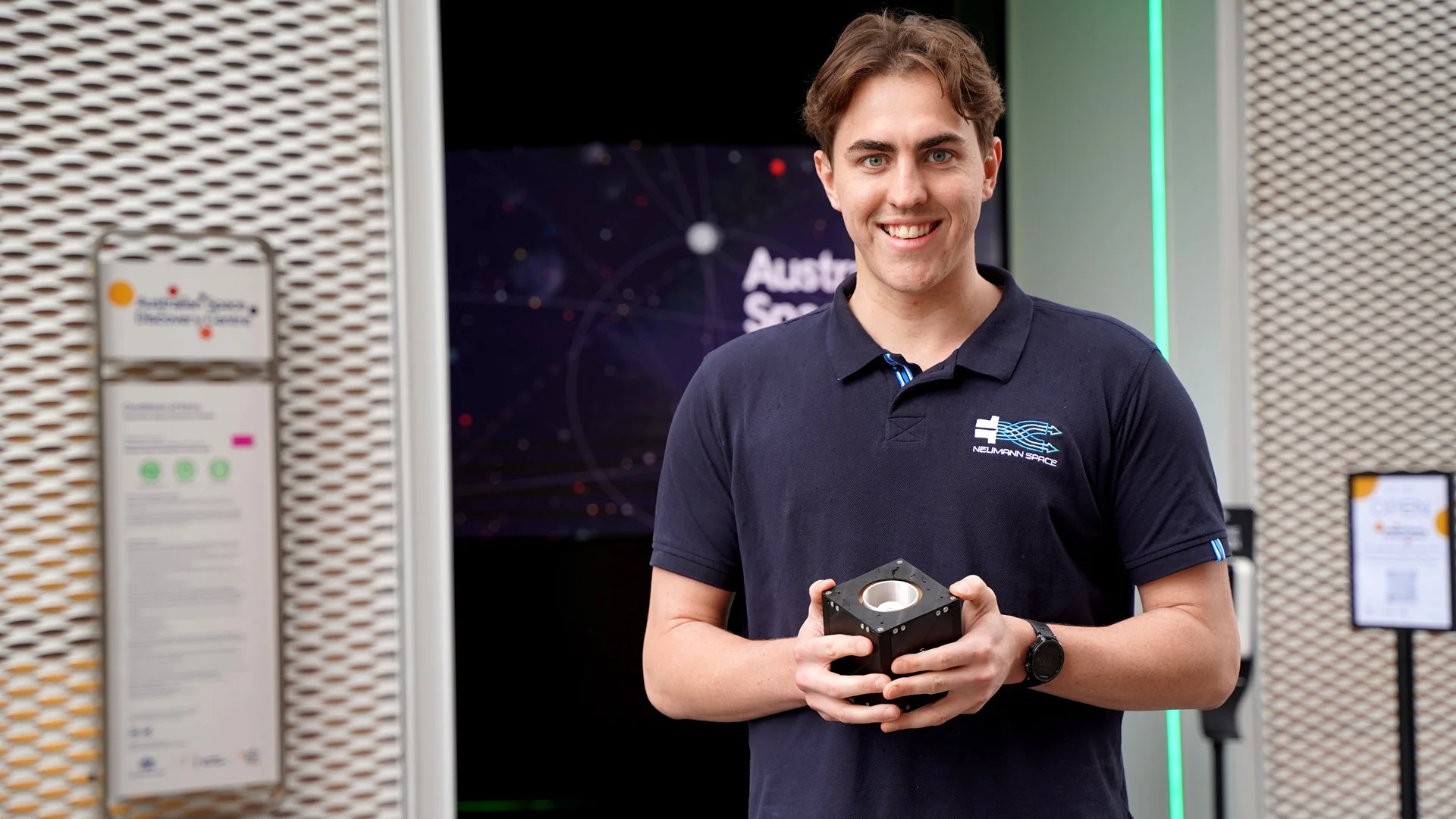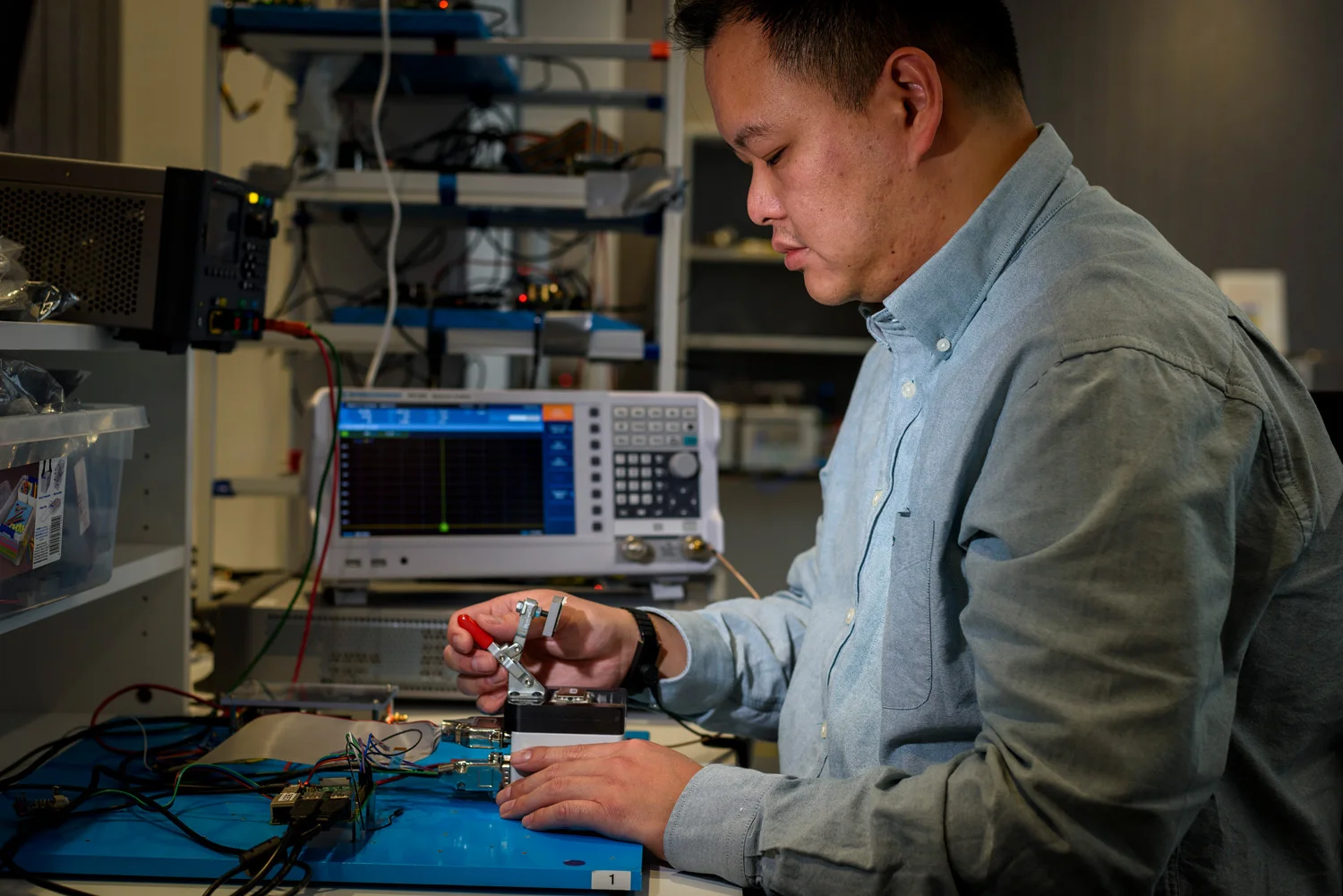Overview
A Rocket Propulsion Scientist in the defence and space industry specialises in designing, testing, and analysing propulsion systems for rockets and spacecraft. They apply advanced principles of thermodynamics, fluid dynamics, and materials science to develop efficient and reliable propulsion technologies.
Collaborating with engineers and researchers, they conduct experiments, evaluate performance data, and innovate solutions to enhance the effectiveness of propulsion systems, ensuring mission success in complex aerospace environments.
Alternative Title
- Rocket Scientist




